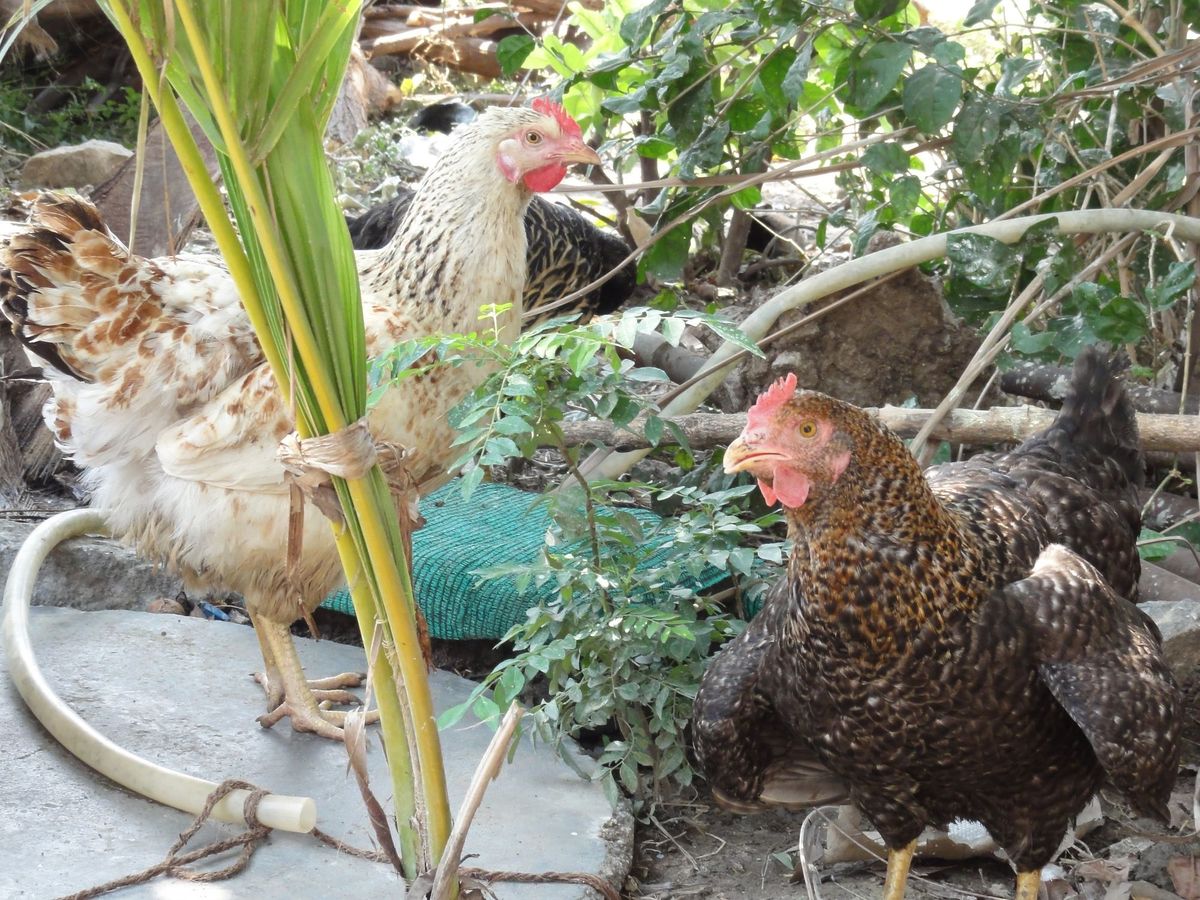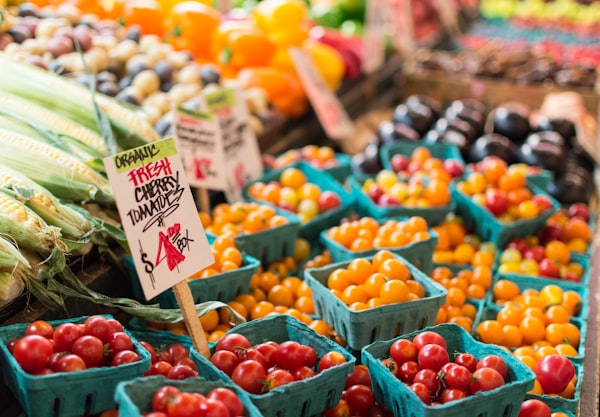Country Chicken, Globalization, and Discourse
In this article, I draw on Foucauldian concepts of knowledge, discourse, and power to explore comparisons Tamils in Madurai provided for valuing country chicken over broiler chicken, and the extent to which these comparisons level critiques against globalization.

In the South Indian city of Madurai, young women indicate ambivalent feelings about emblems of food globalization like fried chicken restaurant KFC. Here, the criticism extends beyond the multi-national company into a dichotomy people maintain between industrially produced broiler chicken and the indigenous “country chicken” raised at smaller scales. In this article, I draw on Foucauldian concepts of knowledge, discourse, and power to explore comparisons Tamils in Madurai provided for valuing country chicken over broiler chicken, and the extent to which these comparisons level critiques against globalization. I focus my analysis on women college students, because of the unique salience that concerns about chicken’s effects on the body have for them as women of reproductive age. I argue their critiques of broiler chicken reflect discourses based on scientific knowledge, itself a globalized lingua franca, but also in local knowledge. Drawing on both knowledges, young women criticize globalization of the food system and the neoliberal political economy intertwined with it. My deconstruction of the hybridized discourses that they use to formulate their critiques reveals implicit but clear resistance to these processes. However, it also exposes spaces where disciplinary power is exerted on these women and in the rest of Tamil society.
Reference
Chera, Madeline. 2019. “Country Chicken, Globalization, and Discourse: Young Tamil Women’s Cultural Critique.” Food, Culture & Society. DOI: 10.1080/15528014.2019.1682900




